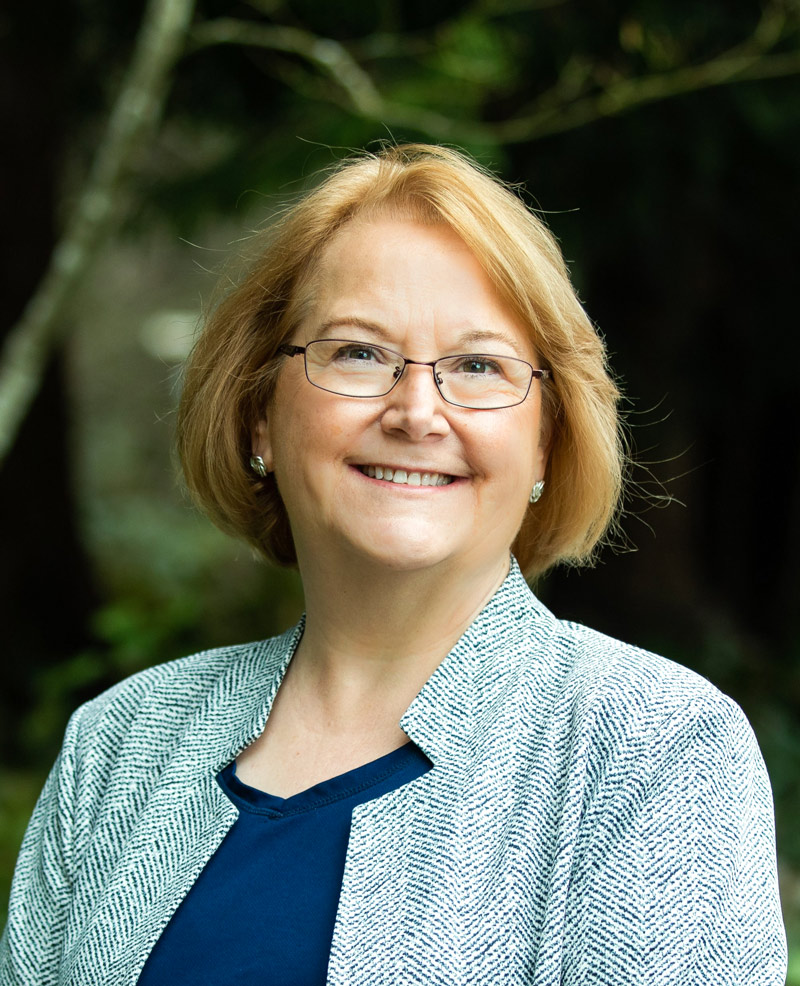Snohomish County, Wash., August 4, 2022 – Snohomish County Executive Dave Somers announced $9.6 million in new investment projects through the Shelter & Behavioral Health Partnership Program. This new matching program seeks to leverage federal American Rescue Plan Act (ARPA) dollars through collaborations with cities. In total, Snohomish County partnered with nine cities on 11 projects that expand access to shelter, social services, and behavioral health services across the county.
Collaborative investments through the Shelter & Behavioral Health Partnership Program will result in:
- Shelter units to house an estimated 36 unhoused individuals;
- Rent and rapid rehousing assistance to help at least 130 individuals and families either stay in their homes or find new housing; and
- Increased behavioral health services, including social workers embedded with emergency response, navigation services for those interacting with the criminal legal system, case managers for unhoused residents, wraparound services for disadvantaged students, and in-school mental health clinicians and social workers.

“We have heard the community loud and clear. We must make significant progress to provide safe shelter for unhoused residents and address the growing mental health crisis made worse by the traumatizing impacts of the pandemic,” said Executive Somers. “By working in partnership with cities and community organizations, we can stretch our dollars and provide more needed services to more vulnerable people, making our communities safer for all. I appreciate our city partners putting forward innovative, compassionate solutions to some of our toughest challenges.”
“It is critical that Snohomish County work in partnership with local jurisdictions to ensure that our one-time ARPA dollars are spent as efficiently as possible,” said Council Chair Megan Dunn (District 2). “Throughout the pandemic I have been working closely with local human services providers and have been hearing firsthand how COVID-19 has impacted the vulnerable people that they serve. By meeting the basic needs of our community, we improve everyone’s overall wellbeing.”

“This is an important opportunity to house and support some of our most vulnerable people here in Snohomish County,” said Councilmember Stephanie Wright (District 3). “Disruptions caused by the pandemic had a disproportionate effect on many of these families, and working with our cities and other organizations will allow us to provide support to more people than would be otherwise reached.”
“These investments in sheltering will help address the significant barriers many in our community are facing to find housing. Specifically, the MESH program in Marysville focuses on a transition for addiction recovery patients into a productive lifestyle after treatment,” said Councilmember Nate Nehring (District 1).
“I have enjoyed working with cities in my district to help some of these much needed community projects move forward and help those who need it most,” said Councilmember Sam Low (District 5).
The Shelter & Behavioral Health Partnership Program is structured as an ARPA matching program. Snohomish County matched funding for City-led, ARPA-eligible projects up to $250,000 per project, and cities could receive funding for up to two projects. In total, the county invested $2.3 million of its ARPA allocation into these shelter and behavioral health efforts, with jurisdiction matches resulting in $7.3 million in total investments.
Shelter and Housing Projects
“Increasing shelter capacity is an absolute necessity as we address the increased unsheltered population throughout our county. The City of Everett is grateful county ARPA funds are being prioritized to address the shelter and behavioral health challenges our residents are facing,” said Everett Mayor Cassie Franklin.
“I’m proud of our ARPA-funded Housing Support Grant Program, one of the first such programs in the region, which is making a real difference for households and individuals who have faced particular financial hardship since the beginning of the COVID-19 pandemic,” stated Edmonds Mayor Mike Nelson. “The County’s contribution is much appreciated and will allow us to serve even more impacted Edmonds residents.”
City of Edmonds – Household Support Grant Program
City Contribution: $3 million
County Contribution: $250,000
The City of Edmonds’ Household Support Grant Program addresses financial hardship caused by the pandemic by providing direct financial assistance to Edmonds households earning up to 60 percent of the Area Median Income. Grants can provide assistance for housing expenses including, but not limited to, delinquent rent or mortgage payments in an effort to prevent eviction and keep Edmonds residents sheltered. The grant program establishes a maximum annual reimbursement of $2,500 per household. Edmonds residents can learn more about this program and apply here.
City of Everett – Pallet Shelter Expansion
City Contribution: $2.1 million
County Contribution: $250,000
This effort expands the City of Everett’s successful Pallet shelter, which was established in 2021. Funding will allow the City to procure and install 20 additional Pallet shelters and develop on-site infrastructure, management, and operations to support the facility and residents. Funds will add increased case management to support behavioral health needs as well as an on-site community space, restroom trailer, and better access to fresh water. This shelter will serve unsheltered individuals and families.
City of Lynnwood – Volunteers of America Western Washington (VOAWW) Rapid Rehousing
City Contribution: $250,000
County Contribution: $250,000
This project – administered by VOAWW – will rehouse 30 unsheltered families in Lynnwood for one year. In addition to rapid rehousing services, the families will also receive wraparound services provided by two full-time case managers.
City of Marysville – Marysville Emergency Shelter Home (MESH)
City Contribution: $500,000
County Contribution: $500,000
The City of Marysville is purchasing two MESH units, which are multi-family houses designed to provide transitional shelter to individuals and families experiencing homelessness. Each unit is expected to serve eight individuals – totaling 16 individuals across both units – and the units will include access to services.
Behavioral and Mental Health Projects

“We are grateful to partner with Snohomish County to enhance and amplify relief efforts for our community members in need,” stated Lynnwood Mayor Christine Frizzell. “This thoughtful and thorough approach to distributing federal relief funds will help to ensure a broad approach to supporting our community.”
“We are committed to addressing the increased mental health needs of Snohomish youth so they and their families can succeed,” said Snohomish Mayor Linda Redmon. “We hope that by expanding our behavioral and mental health services through specialists at our schools and within our community our youth will have the support they need to thrive in and out of the classroom. We believe the benefits will be felt within the community at large.”
City of Bothell – Community Court and RADAR Navigator
City Contribution: $10,000
County Contribution: $10,000
This project provides engagement and services for individuals with behavioral health challenges who come in contact with the criminal legal system and receive services through the North Sound RADAR Program or the City of Bothell Community Court/Community Resource Center. Specifically, the project will purchase items that build relationships and encourage engagement by addressing basic needs for people in behavioral health crisis who either come in contact with law enforcement or commit low level crimes and are enrolled in Community Court. Basic needs may include food, hand warmers and gloves, bus tickets, ID replacement, bottled water, and hygiene access.
City of Everett – Case Management Project
City Contribution: $620,000
County Contribution: $250,000
This project will fund a new Case Management Coordinator position at the City and provide funds to contract with additional community service-based case managers. The case managers will assist individuals who are unsheltered by coordinating care, advocating for best options, and helping provide any other support needed. The positions will focus on providing services for chronically unsheltered residents.
City of Lynnwood – Support for McKinney-Vento Students
City Contribution: $150,000
County Contribution: $150,000
This project is a partnership with Kids in Transition to provide wraparound services to Lynnwood students in the Edmonds School District classified as McKinney-Vento, meaning they do not have a fixed, permanent nighttime residence. There are 139 such classified students in Lynnwood, and these students have a 50 percent graduation rate. Wraparound services will include counseling, system navigation, access to Kids in Transition’s diaper bank, food, hygiene, clothing, career services, and mentorship.
City of Monroe – Human Services Funding
City Contribution: $250,000
County Contribution: $250,000
This project supports the City’s grant program for human services nonprofits. Funds administered through this grant will be distributed through a competitive process and will support mental health services, treatment and substance use disorder services, employment services, and housing support. Interested organizations can learn more about the City’s efforts here.
Cities of Monroe and Sultan – Mobile Mental Health and Dispatch Services
Cities’ Contribution: $60,550.14
County Contribution: $60,550.14
This joint partnership between the City of Sultan and the City of Monroe will fund one dedicated social or mental health provider for the Sky Valley region. This social service provider will assist first responders when they encounter an individual experiencing a behavioral health crisis, and will provide on-site, front-line mental health services and resource navigation. The provider will also act as a bridge for the individual and family members with regards to next steps to ensure they get the care they may need.
City of Mukilteo – Embedded Social Worker
City Contribution: $65,000
County Contribution: $65,000
This project is a partnership with Compass Health to provide the City with a mental health professional to engage with individuals experiencing homelessness and individuals in behavioral health crisis. The mental health professional will engage with the individual to connect them with needed resources to divert additional crises and reduce the use of emergency response resources. Interested residents can find more information on the Compass Health program here.
City of Snohomish – School-Based Mental Health Counseling and Community Navigation
City Contribution: $250,000
County Contribution: $250,000
This project is a partnership with the Snohomish School District to address the increased need for mental and behavioral health services for youth. The funds, in addition to previously received funding, will provide clinicians for middle and high school students and social workers for elementary school students. The funds will provide two clinicians for middle and high school students and one social worker for elementary school students. These staff will provide counseling, behavioral, social, and mental health services for students at their school. The project will also provide supportive services to families finding it difficult to navigate the youth social service system. The City is hiring a Community Navigator for students not served by the Snohomish School District; they will coordinate work to address health, housing, and substance use, and will connect youth with medical providers and community resources.
Executive Somers established the Office of Recovery & Resilience to guide the county’s recovery work by ensuring federal pandemic relief is administered quickly, effectively, and equitably. Information on the county’s recovery work can be found at www.snohomishcountywa.gov/recovery.



















